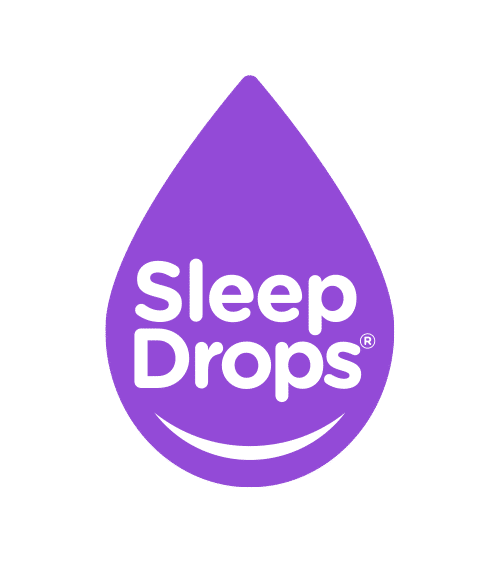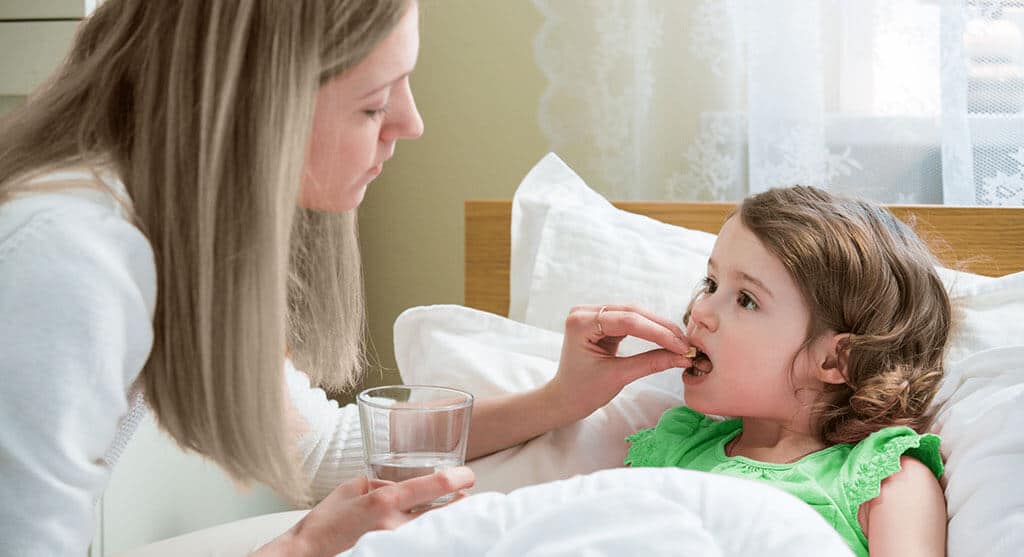Blog at a Glance:
- The SleepDrops Research team is concerned by recent news that many New Zealand parents are using prescription Melatonin to get their children to sleep
- Read the blog below to learn about the potential side effects of prescription Melatonin use for kids and why long term use is not recommended.
- See our evidence-based advice for a more long term solution to improving your kid’s sleeping patterns.
Losing the bedtime battle night after night with a child that just won’t sleep is torturous for parents. You worry about their behaviour the next day and the impact on their education and development, not to mention your own mental state!
When you feel like you are losing the bedtime battle and are desperate for you and your child to sleep, parents will often try anything, including using prescription medication. The Research team at SleepDrops is concerned about the recent news there has been a rise in parent’s using prescription Melatonin to get their children to sleep, including children under the age of one. Our blog below explores the risks of giving children Melatonin and encourages parents to try effective, natural ways to support their children’s sleep patterns for a more long term solution.
There is very little research on the effects of long term use of Melatonin, particularly in children. Researchers propose that long term use of more than 3 months can see the body get dependent on the synthetic form of Melatonin in pill form and negatively interfere with the body’s ability to produce this hormone naturally. Using prescription Melatonin can also cause side effects such as headaches, short-term feelings of depression, daytime sleepiness, dizziness, stomach cramps, irritability, nausea and bedwetting.1
Read our helpful blog below to help you understand why Melatonin is not recommended as a long term solution and learn our tips for a healthier strategy to improve your child’s sleep patterns for good.
What is Melatonin?
Melatonin is a hormone produced by your brain’s pineal gland. Often referred to as the sleep hormone, it helps your body get ready for bed by setting your internal clock, or circadian rhythm. Melatonin levels rise in the evening, which lets your body know it’s time to head to bed. Conversely, melatonin levels start to fall a few hours before it’s time to wake up. Our levels of Melatonin don’t just impact our sleep but can also impact our mood, metabolism, blood pressure, body temperature, cortisol levels and immune function.
Many factors can interfere with our body’s ability to produce Melatonin, for example, a lack of exposure to sunlight in the morning or using light-emitting devices late at night can suppress melatonin production for up to three hours. This can be particularly detrimental for children who can be more sensitive to stimulation from these devices. In other cases, a change in a child’s routine, a health condition such as diabetes, hypothyroidism, chronic pain, depression, and anxiety, medications or nutrient deficiencies can also interfere with Melatonin production.
The Dangers of Using Melatonin for Children
Melatonin is a restricted medicine in New Zealand only available from your Doctor. In New Zealand, all use in children is ‘off-label’. That means Doctors are prescribing the medication and recommending parents use the medicine in a different way from the approved use.
This is because Melatonin is viewed as a relatively safe medication for short term use (3 months or less). However, there is insufficient research on the long term use of Melatonin and there are no long term studies on children.
Some health professionals propose that long term use can negatively impact the bodies’ ability to produce Melatonin naturally meaning the body can become dependent on the use of the synthetic Melatonin medication. The high doses of synthetic prescription Melatonin can take longer to be processed by the body and Melatonin can still be circulating in our bloodstream during the day. This causes our body to confuse day with night which can negatively interfere with the bodies other metabolic functions which happen during the daytime, such as glucose metabolism. This could impact your child’s ability to absorb glucose and lead to changes in weight, brain function and behaviour, however, more research is needed.
You may not be aware that synthetic forms of Melatonin prescribed by your doctor can be a dosage of 2mg per pill, which is nearly 6000 times higher than the amount our body naturally produces. Therefore it can have some side effects such as headaches, short-term feelings of depression, daytime sleepiness, dizziness, stomach cramps, irritability, nausea and bedwetting. According to a 2013 review some children taking melatonin did experience mild side effects, such as headaches, bedwetting, and dizziness. These symptoms resolved after stopping treatment.1
Other possible side effects of melatonin can include drowsiness, abdominal pain, excessive sweating, problems with vision, nausea and daytime laziness.
It can also mean that for some children, melatonin works to start with, and then stops working as the dose is too high.
Melatonin can also interact with other medicines. This includes medicines you have bought from the pharmacy or supermarket, as well as natural remedies.
You also need to be careful if your child has a health condition such as:
- an immune disorder
- liver disease
- epilepsy
A Natural Solution to Improve Kid’s Sleeping Patterns
SleepDrops and the Ministry of Health advise parents that medicine shouldn’t be the preferred way to treat young people with sleeping challenges. It’s first important to look at their sleep hygiene and set up a consistent morning and evening routine. This will help to naturally reset their circadian rhythm controlling their healthy sleep patterns and melatonin production:
This could include:
Consistent Morning Routine:
-Waking your child up at the same time every morning (including weekends)
-Making sure they eat a consistent breakfast ideally in the first hour of waking
-Walking, biking or scooting to their Early child centre or School if they can to allow them to get at least 15 minutes of direct sunlight exposure into their eyes.
Consistent Evening Routine:
-A consistent dinner time ideally two hours before bed. If your child isn’t able to eat enough at dinner, ensure they have a small protein-based snack or before bed.
-Removing all devices (iPad/TV/phones/Computers) from their view two hours before bed and replacing them with a calming, wind down activity like reading, writing, colouring, crafts or games that aren’t too stimulating.
-Warm Bath or Shower – this helps to bring their core body temperature up which signals the body to wind down and produce natural melatonin.
-Use dim lighting after dinner in the house if you can to avoid bright lights interfering with natural melatonin production.
-Make sure the child’s room is dark, ideally 18 degrees in temperature and they are comfortable and warm in their bed.
-Put them to bed the same way every night, e.g. pyjamas, teeth cleaning, bedtime story, cuddle etc. See our blog on the perfect bedtime routine here.
-Practice gratitude with them and get them to think of three good things that happened that day or what they are looking forward to tomorrow to help calm them down.
If your child is still struggling to fall asleep or go back to sleep again if waking in the night, we encourage you to try our SleepDrops for Kids. This unique sleep formula contains a powerful blend of scientifically researched natural ingredients to support kids to fall asleep faster without struggle. Rest assured this product is non-habit forming with no side effects and is an effective way to settle your child when they are worried or feeling overwhelmed before bed or have woken in the night due to nightmares or night terrors. This product has literally been a lifesaver for thousands of parents over the years to finally end that bedtime battle. Help your child achieve the healthy sleep they need for their growing brain and body to reach their full potential with SleepDrops for Kids.
See this page for more information and to purchase SleepDrops for Kids or contact our Sleep Specialist Naturopathic Doctor for more detailed advice on 0800 345 999 ext 1.
References:
1.Barrett, J. R., Tracy, D. K., & Giaroli, G. (2013). To sleep or not to sleep: a systematic review of the literature of pharmacological treatments of insomnia in children and adolescents with attention-deficit/hyperactivity disorder. Journal of child and adolescent psychopharmacology, 23(10), 640–647. https://doi.org/10.1089/cap.2013.0059


